Solar Panel Installations: Inspection Considerations for Homeowners and Buyers
Solar panel installations continue to rise in popularity as homeowners embrace clean energy and long-term savings. But adding solar to a home—whether recently installed or already existing—means more than just lower power bills. It adds complexity to both the roof and electrical system. If you’re buying, selling, or maintaining a home with solar, a thorough inspection becomes essential.
At Detect and Inspect Home Inspections, we dive deep into the details that others overlook, ensuring you understand every component—especially solar panel installations.
First, Start With the Roof
Every solar setup begins with the roof. Before solar panel installations go up, the roof must support the added weight and withstand the elements. During your inspection, we:
- Check the age and material of the roof – An older roof may need replacing sooner, and removing and reinstalling panels is no small task.
- Look for structural weaknesses – Cracks, sagging, or damage to trusses can jeopardize both the roof and the panels.
- Examine all penetrations – Mounting brackets puncture the roofing material. If improperly sealed, they create opportunities for leaks and long-term damage.
Then, Examine the Electrical System
Once the panels are in place, they integrate directly into your home’s power. That connection must be solid and safe. During our inspection, we:
- Review the wiring and inverter – We inspect all electrical connections for safety, wear, and correct sizing. The inverter must function efficiently and without signs of overheating.
- Confirm the main panel can handle the load – Some homes may need upgrades to manage solar-generated electricity.
- Look for signs of DIY work or shortcuts – Any sloppy or makeshift wiring is a red flag, especially when dealing with high-voltage systems.
Next, Check the Paperwork and Code Compliance for Solar Panels
Solar panel installations require more than hardware—they need proper paperwork. At Detect and Inspect, we:
- Verify that installers pulled the correct permits – No permits? That could mean costly corrections down the road.
- Ensure code compliance – We check whether the system appears to follow current local and national safety standards.
Don’t Forget Utility Integration
If the home connects to the power grid, solar energy should flow smoothly both in and out. We make sure that:
- The net meter is installed and functioning – This tracks power use and production, helping homeowners maximize savings.
- Emergency disconnects are labeled and accessible – In an emergency, quick shutoff matters—and so does clarity for first responders.
Finally, Evaluate the System’s Age and Performance
Solar panel installations don’t last forever. Efficiency drops gradually, and system components wear out. We:
- Identify the age of the panels and inverter
- Check for visible damage or corrosion
- Estimate remaining lifespan based on current condition
This information helps you plan ahead and negotiate repairs or replacements if you’re in the middle of a real estate transaction.
Make Your Solar Investment a Smart One
Solar panels offer real benefits—but only if the system works correctly and safely. At Detect and Inspect Home Inspections, we make sure your investment checks out from top to bottom. We bring clarity to complex systems, so you can move forward with confidence.
